The idea was born from Egyptian culture The “Handcrafts” project started with the simplest capabilities and focused on “departing from the ordinary”
 close
close
![]()


Heba and Amjad succeeded in transforming “cardboard,” “wood,” and “used remains” into models that compete internationally
Writer: AlZahraa Rashad
Starting with just 10 Egyptian pounds and readily available materials, a talented husband and wife duo have breathed new life into the world of handicrafts and unconventional miniature creations. Heba Abdel Aal explains: "We strive to design and produce diverse works that resonate with Egyptian culture, not catering specific audience. Some of our pieces are designed for children, like dolls, while others cater to students as educational activities and tools. We even create special designs for occasions like Ramadan lanterns and nativity scene characters. Additionally, we design miniature models that represents traditional Egyptian houses."
The variety of miniature models inspired by Egyptian home culture is truly impressive. There are designs for the classic Egyptian house with its iconic contents: the "wardrobe" , seating areas, the old-fashioned television in the living room, and all the furnishings in different rooms. There are also create designs showcasing the "dukkans" (shops) attached to many Egyptian houses. Moreover, there are designs that highlight Islamic culture, such as the shape of a mosque`s minbar, and other daily objects like tables, sewing machines, and even musical instruments like the oud and violin.
When it comes to the materials used for these miniature works of art, Heba emphasizes that they vary depending on the type of miniature being created. "House designs are usually made of wood for durability and to prevent breakage, unlike the materials used in educational materials, which are mostly foam and foam paper. We also rely heavily on recycling for these handicrafts, using materials like bottles, pen caps, and more," she explains.
The owner of this project acknowledges the unwavering support of her husband in her artistic journey: "I wouldn`t have achieved any success without my husband`s support, especially while managing family responsibilities. He constantly encourages me, and together we`re able to overcome any challenges. We also strive to develop ourselves by following this art forms on YouTube channels and conducting in-depth online research. This visual stimulation gives us a vast vision of diverse ideas that we can develop and combine to create something new and avoid repetition."
.
The "Heba and Amjad" project has garnered significant engagement on social media platforms. The couple has successfully established an educational YouTube channel called "Foam and Arts" with over 45,000 subscribers. In addition to their presence on Facebook and Instagram, where followers can learn the steps and processes involved in creating these miniatures and handicrafts for free, without the need of going to expensive specialized workshops. Additionally, they have established two Facebook groups to showcase their designs: "Kokb Almusagarat" (Planet of Miniatures) dedicated to miniatures, and another group with more diverse content called "Foam and Arts."
The couple is also dedicated to involving their daughters, Nada and Malak (aged 12 and 15), in these handicrafts in ways that suit their age group, providing them with support to utilize their free time constructively.
For those aspiring advices to embark on similar projects, Heba advises: "My advice to anyone who wants to start anything related to handicrafts in general is to avoid overspending at the beginning. This type of art requires patience and time. We, for example, started with A4-sized colored foam paper that cost only 10 Egyptian pounds at the time, a glue gun, scissors, and super glue or any adhesive material. Therefore, it`s essential to start with affordable and realistic means, because some people start their own projects but don`t complete them, especially considering the significant effort required to sustain them."
.
The talented duo has received numerous certificates and accolades from various international institutions and participated in multiple online exhibitions, particularly during the COVID-19 pandemic. They have been recognized in Iraq, the Emirates, Saudi Arabia, and Jordan, and have been interviewed by various Egyptian and international media outlets.
Heba and Amjad aspire to spread the art of "miniature models" in Egypt, especially since it`s popular abroad. "I feel immense joy in designing these miniatures, especially when they reflect Egyptian heritage, whether it`s places or traditional attire," says Heba. She views it as a form of documentation for the way Egyptian houses looked years ago, believing that newer generations haven`t experienced those times and are amazed by seeing these miniatures showcasing old Egyptian houses with all their contents, from (traditional sofas) and rugs to curtains, furnishings, and living rooms. Even those who lived through those times find this art rekindles beautiful memories. Therefore, she wishes to see this art form flourish and contribute to its spread. Her ultimate dream is to establish a specialized handicraft factory that relies on human effort and talented workers, avoiding machinery entirely.
.
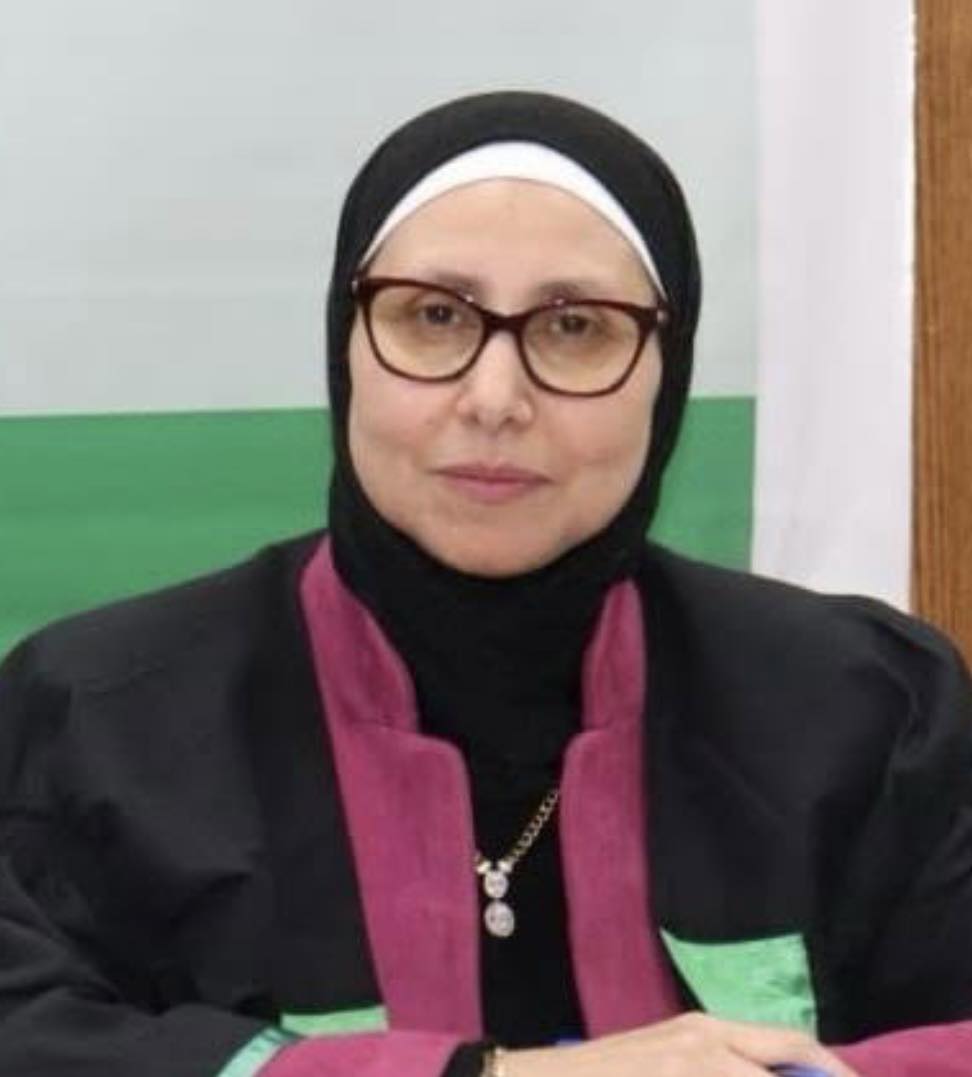
18-01-2026 Faculty of Mass Communication
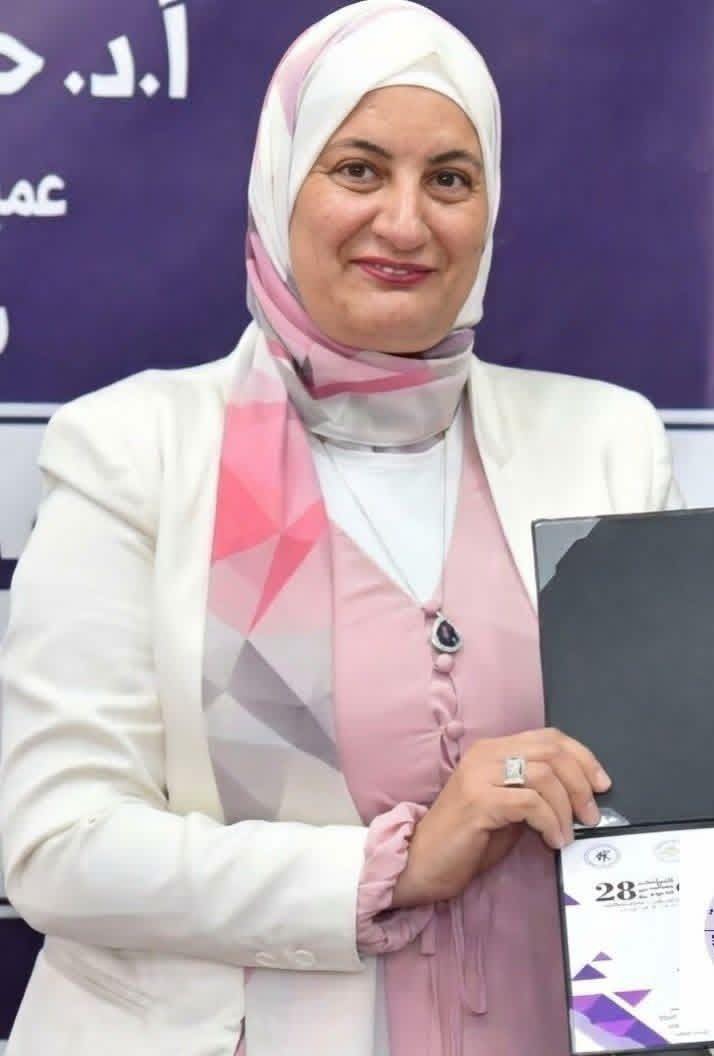
18-01-2026 Faculty of Mass Communication
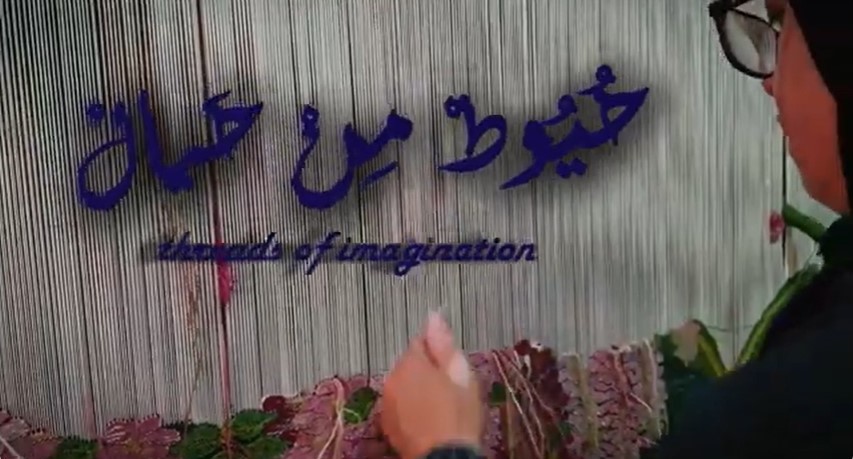
20-12-2025 literature & arts
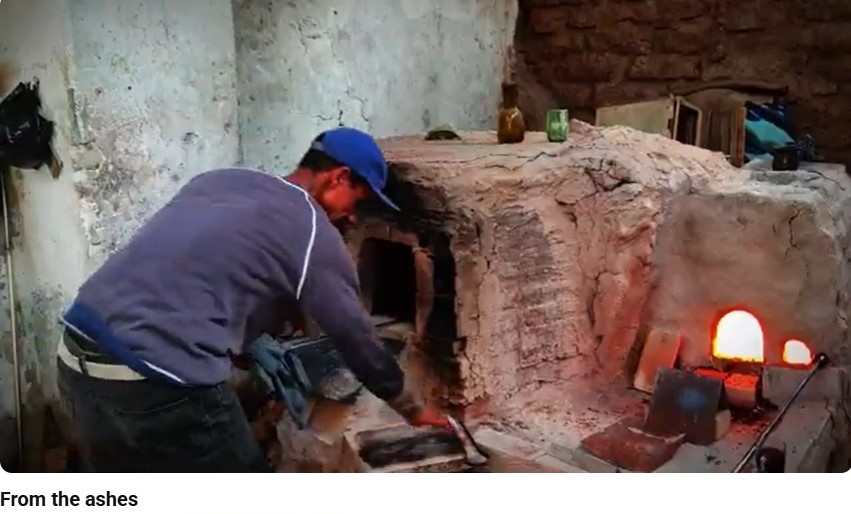
20-12-2025 literature & arts
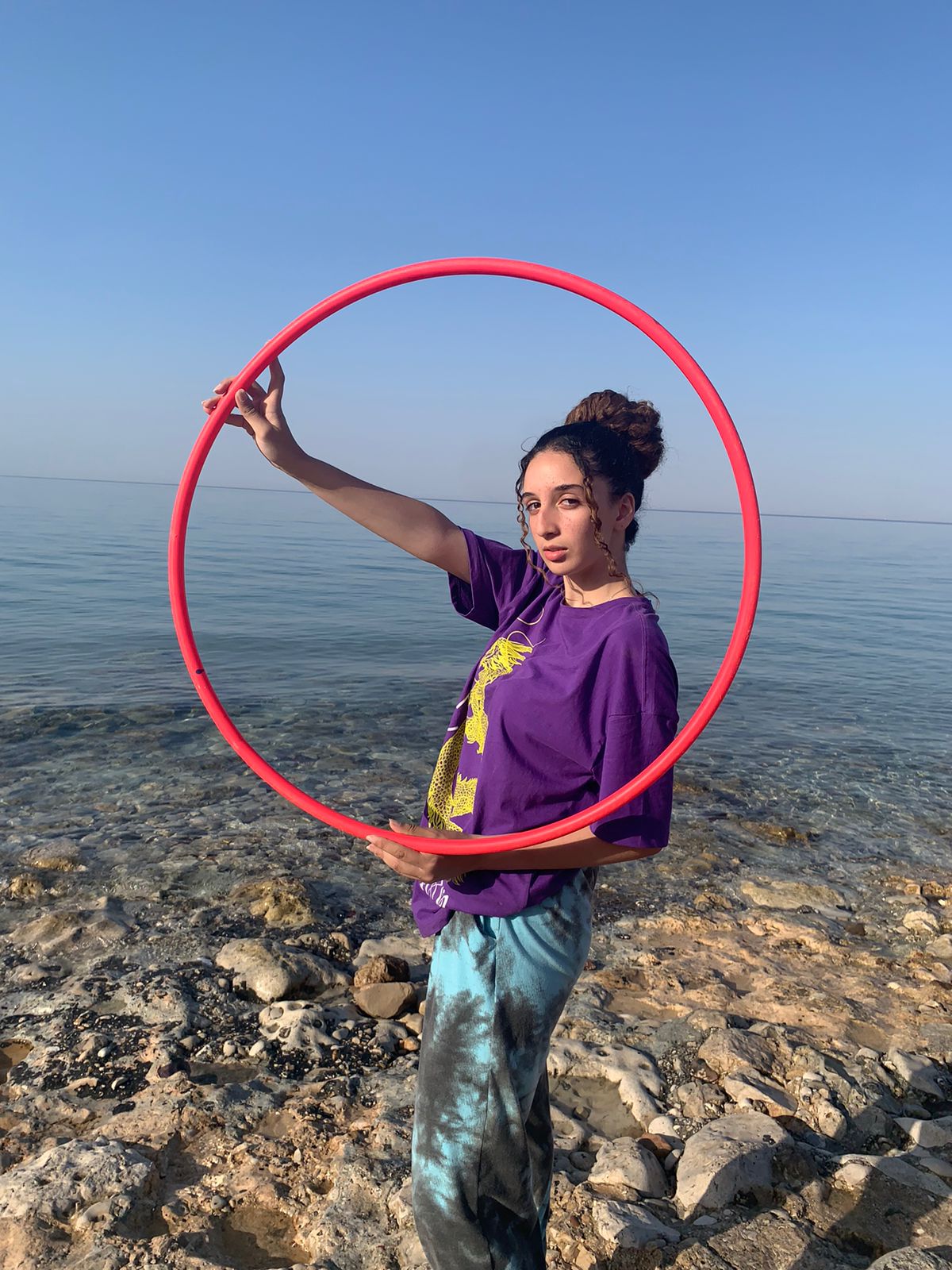
23-06-2023 Sports 4125
...
tips from the head of dmc channels group- mr.hesham soliman02-08-2023
video 3380...
Exclusive Interview with the Prominent Host (Eman Ezz Eldin) for EMccu today27-10-2022
video 1198...
Culture of Photos Event Guests` Interviews (Pt.2)01-04-2023
video 1121...
Culture of Photos Event Guests` Interviews (Pt. 1)01-04-2023
video 1006...

27-10-2022
video 3812